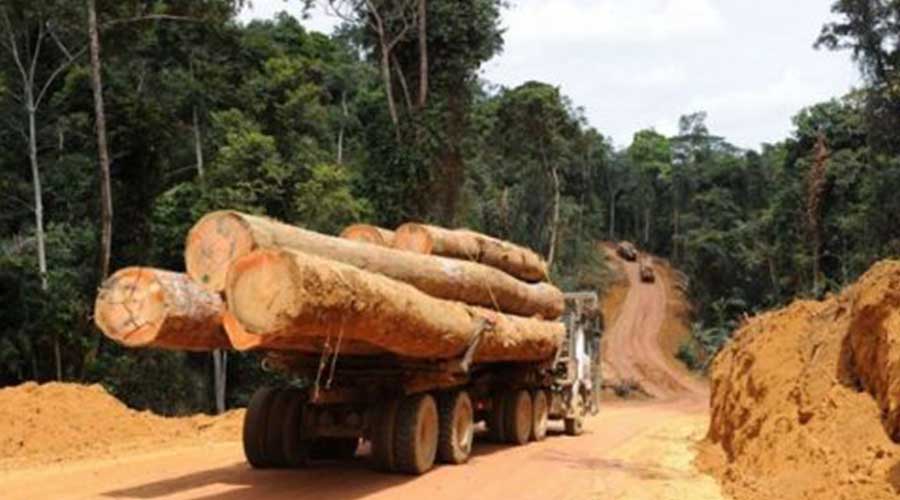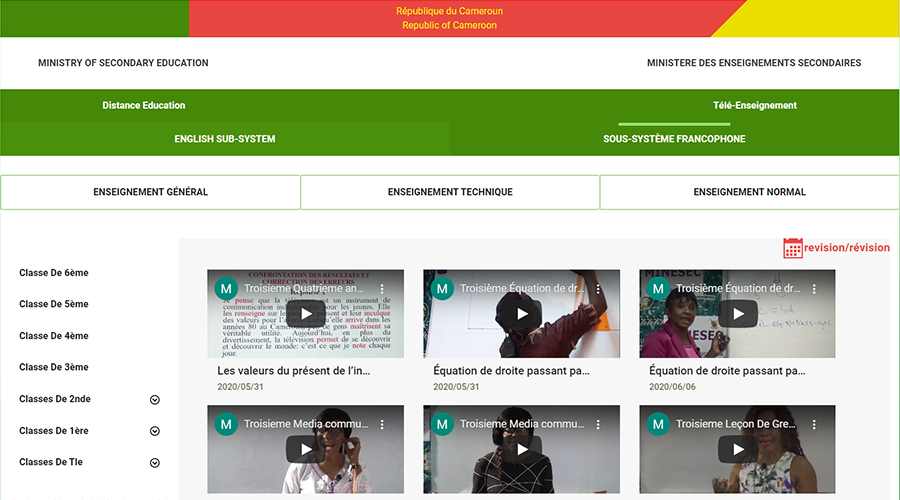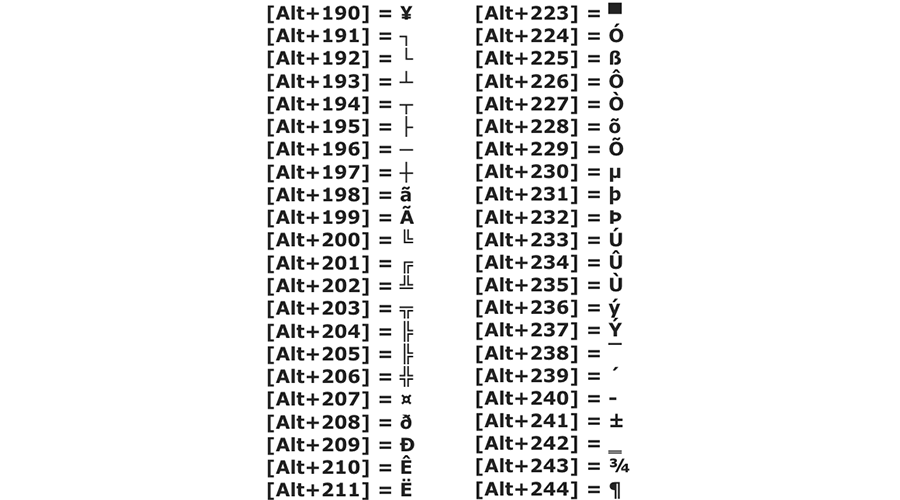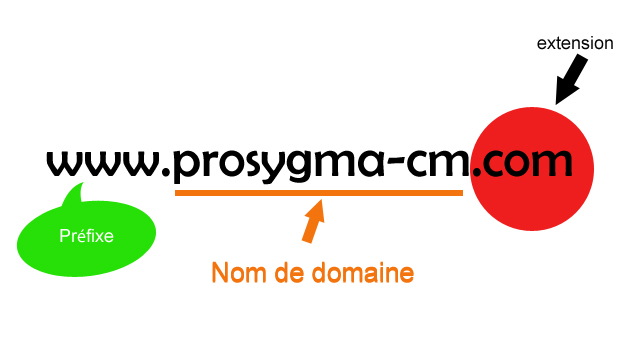
Timber traceability: Cemac postpones log export ban to 2023 to allow local processing projects to mature
The implementation of the decision to ban log exports by the six Cemac countries (Cameroon, Congo, Gabon, Chad, CAR and Equatorial Guinea) will not be effective on January 1, 2022, as initially planned. This is the main information that came out of a meeting of the Ministers in charge of Forestry, Industry, Environment, Economy, Planning, Finance and Budget of the CEMAC Member States and DR Congo, which took place on July 28, 2021 by video conference. Prepared by Daniel Ona Ondo, President of the CEMAC Commission, this meeting was chaired by Paul Tasong, the Minister Delegate to the Cameroonian Minister of the Economy.
In concrete terms, the ban on log exports has been postponed for one year, and will therefore only have to be implemented from January 2023. Indeed, we learn, the Cemac countries intend to establish a transitional period from January to December 2022, in order to proceed with preliminary studies of maturation of investment projects in wood processing, selected in the first phase of the process of banning exports of timber in this community space.
"For the first phase, it was identified in each country two special economic zones for the installation of industries of 1st, 2nd and 3rd transformation of wood and two forest plantations. It should be remembered that forest plantations have an economic, social and especially ecological role in preserving the ecosystems of the Congo Basin," explains Duval Antoine Dembi, Director of Industrial Development, Mining and Tourism at the Cemac Commission.
In addition to the maturation of investment projects, this change in the ban on exports of logs produced in the Cemac zone will allow logging companies to better prepare for the new situation, with the support of the Cemac Commission. "From January to December 2022, to avoid the paradigm shift being brutal and putting companies in the sector in difficulty, the Cemac Commission has taken on the responsibility of accompanying States to facilitate the said change. With the support of the ADB, it will finance the preparation of feasibility studies on the 28 projects identified, in order to assess their maturity. A regional system of harmonized forestry taxation is planned, as well as the evaluation of support measures for businesses," said Duval Antoine Dembi.
Source : investiraucameroun.com







